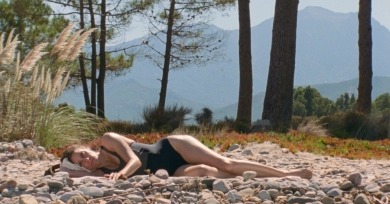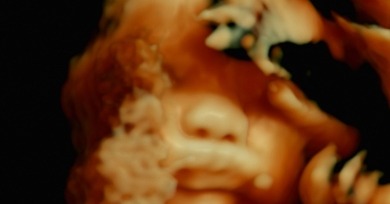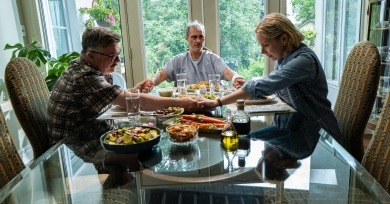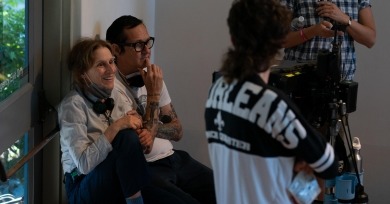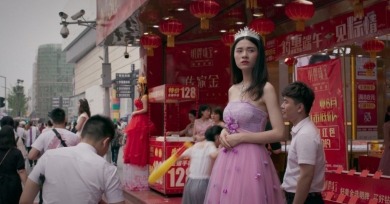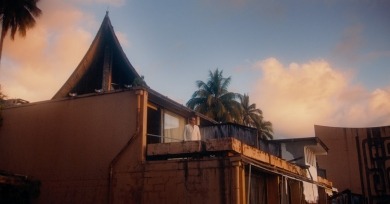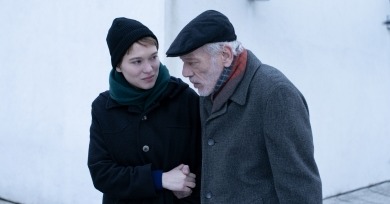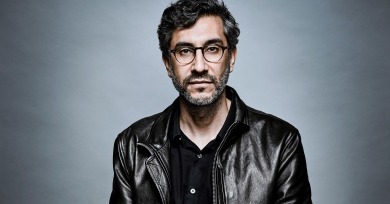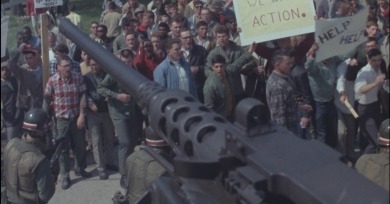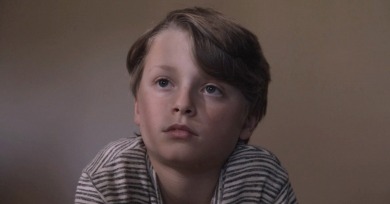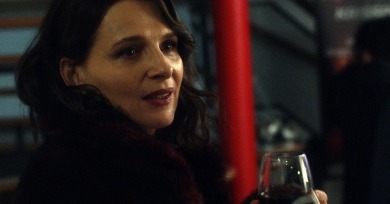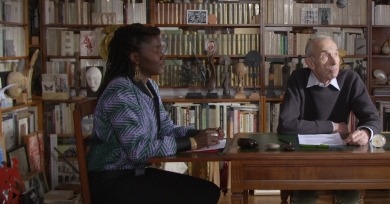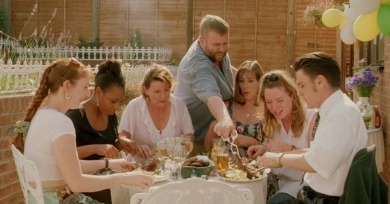Interviews
Her dense sound mix and editing patterns prioritize the exploration of space over the conveyance of narrative information. That interpretive freedom takes root even amid a cornucopia of symbolically charged motifs.
At once repugnant and entrancing, it turns the body into the ultimate frontier, an alien landscape teeming with surreal visions, less a decaying vessel than an undiscovered planet.
Beau Is Afraid is inherently contradictory: confident, muscular cinema about emotional atrophy and living with profound insecurity. I sat down with Ari in a bustling East Village cafe, where, over the sounds of clanging coffee filters and hissing steamers, we discussed his latest film, beloved inspirations, and the terror of putting things out in the world.
It was like being back in art school, back to an earlier day in filmmaking where I was just like, “I’ll do this pan because how much am I going to screw it up?” It was just very freeing in making those shorts. I really loved it.
Lynn is a female character that we rarely see: however beautiful, she is uncharismatic, taciturn, and professionally unambitious. In Stonewalling, her decision to sell her eggs on the black market (for the equivalent of 2800 U.S. dollars) leads to the discovery that she is one-month pregnant.
I like to think of the camera as something that helps me capture things I would not normally see. So when I see filmmakers watching their own images on the combo in real time, as they shoot, I cannot help but think of it as a tautology. Because they are assimilating the potentiality of the human eye.
There is this weird sense of grief for someone who is still alive, technically, but you also understand that you can live through opposite things at the same moment. Grief and sadness. Rebirth and happiness. All at the same time.
2nd Chance presents another story from the annals of capitalist pathology, but this time, what we see is almost too wild to be true. Entrepreneur and inventor Richard Davis has had the distinction of shooting himself more than 100 times.
I wanted to show footage that felt brand new, that required a real watching and seeing and thinking and evaluating of what is in front of you. If you are gonna make a film about 1968, it better be something reevaluative.
Her film and live performance Terra Femme tries to identify the female gaze... By weaving together archival amateur travel footage shot by women in the early 20th century, Stephens gives us insight as to what they attempted to capture along their journeys.
The Cathedral may be described as both a family melodrama and an oblique chronicle of American politics, spanning two decades. But the film is a far more discontinuous affair than such descriptions suggest.
For me, there is one goal as an actor: truth. What is the truth in a situation? Because you are a reference to people. People are spending time to watch you, so you become their reference of a situation... if the audience is spending time watching you, there is a responsibility.
I return to these neighborhoods in order to make visible the people I have been made to believe were not worthy of being represented in film.
I have never had a shot in my digital movies which has gone on for more than seven or eight minutes at the most. It is important to use the medium and not let the medium use you.
